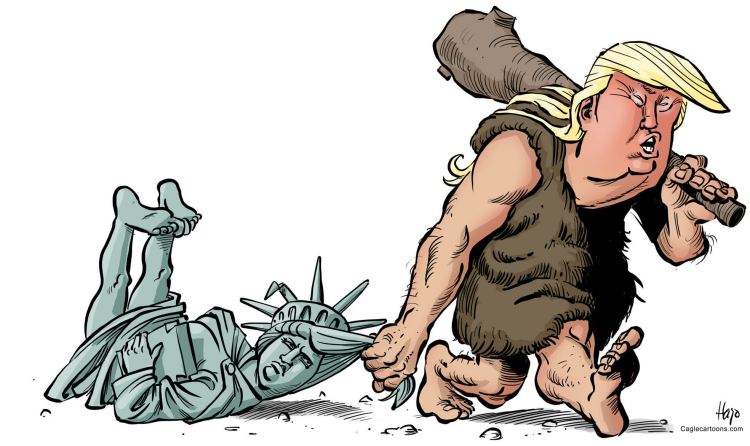Course syllabus

Convenor:
Dr Jenny Stümer
Office hours semester 1: Tuesday 2-3
Office: Room 526, Human Sciences Building (201E)
GTA
Eleanor Woodhouse <ewoo036@aucklanduni.ac.nz>
Office hour: Thursday from 10-11, room 528, Human Sciences Building (201E)
Lecture:
Thursday 1-3
206-220 (Arts 1, Room 220)
Tutorials
Timetable and room details can be viewed on Student Services Online
*Tutorials will begin in week 2
Tuākana mentor:
Kaitiaki Rodger <krdo200@aucklanduni.ac.nz>
For information about Tuākana click here.
class reps:
Sav Wallis: swal558@aucklanduni.ac.nz
Emma Rosenblum: eros244@aucklanduni.ac.nz
Course Description:
This course examines the relationships between gender, politics and the media. In particular, it critically analyses the role of the media in structuring and reproducing power relations in contemporary society. We will ask questions such as: how do media representations of gender become political? Do the media reinforce or subvert social roles and ideologies? What is the role of the media in gendering political and social processes? How is gender mediated? And why does this mediation become a political concern?
Students are encouraged to reflect upon theories, debates and controversies that reveal the interplay between gender, politics and the media and to apply a variety of theoretical and methodological approaches to the gendered analysis of contemporary media, politics, culture and society.
The course is broadly organised around three overlapping themes. The first, Political Theories of Gender and Media (weeks 1 – 3), focuses on some of the key theories that explain the relationship between gender, politics and the media. The second, Communicating Gender and Politics (weeks 4 – 6) explores the role of key communications systems and practices in gendering politics and political actors. In the second part of the semester, we will investigate the third theme: Political Debates and Controversies (weeks 7 – 12). Here we will consider how cultural and identity politics challenge traditional political institutions and practices.
Using a variety of audio-visual material this course takes an intersectional, cross-national and comparative approach. As well as studying a variety of media (from 'old' news to new technology), every week we will engage with international examples and literature. This will allow us to understand the multiple levels on which power operates and has an impact on our daily lives.
Lecture Outline:
Week 2 Feminism(s) and the Media: Race, Class, Sexuality...
Week 3 Women, Men and Power: Gender Equality and the State
Week 4 Understanding Political Communication: ‘Femininity’ and ‘Masculinity’
Week 5 Celebrity Politicians and the Performance of Masculinity
Week 6 Women in Politics -Political Women
Week 7 Nationalism, Empire and War: The Social Role of Gender
Week 8 Policy Making: Setting a Gendered Agenda
Week 9 Gender and Politics in Popular Culture
Week 10 Political Spouses and the Media
Course summary:
| Date | Details | Due |
|---|---|---|